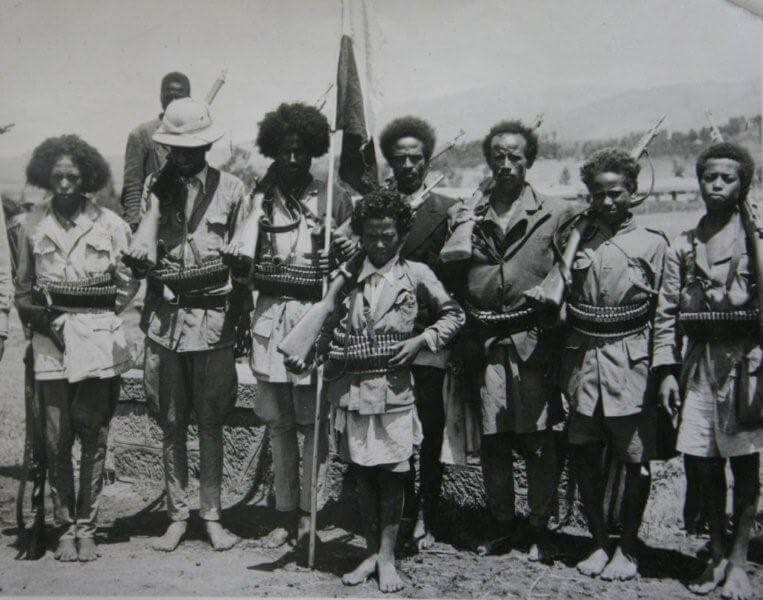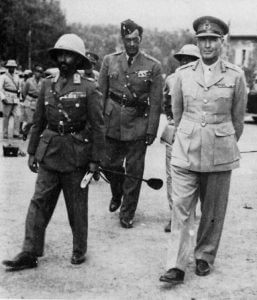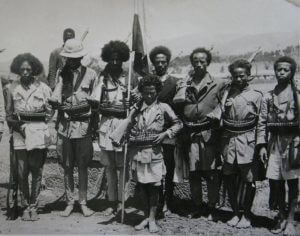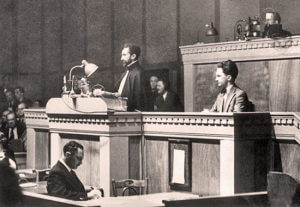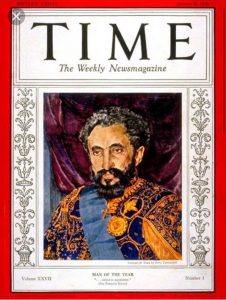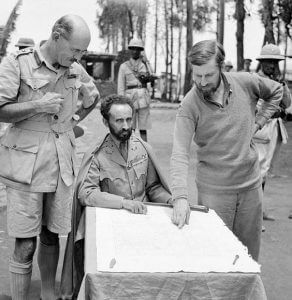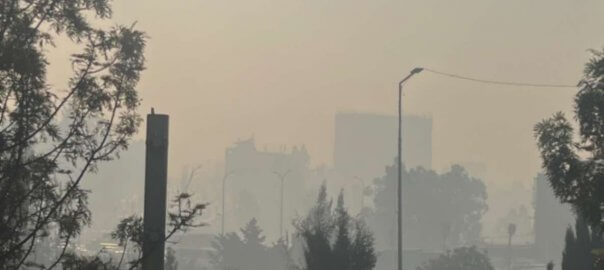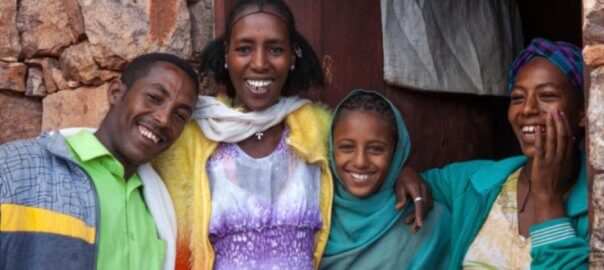In the first week of May there are two holidays: Monday 1st May and Friday 5th May. These are excellent opportunities to get out and se some of the stunning countryside and historical sights of Ethiopia. Why not book a Tesfa trek, a perfect way to see the scenery, culture and some of the wildlife that abounds in Ethiopia.
So what about these holidays? 1st May is international – May Day or Labour Day, but May 5th – Patriots Day is one of several holidays in Ethiopia
that commemorate important historic events in Ethiopia. Patriots Day – is celebrated on Miaza 27 or 5th May, celebrates Haile Selassie’s triumphal return to Addis Ababa, ending the five year occupation of the city by Italian forces in World War II. In particular it honours the Ethiopian patriots (Arbegnoch) who fought for the liberation of their country alongside British (troops from Africa) and other Allied Forces from the Commonwealth countries, France and Belgium).
This year, 76 years after this historic occasion, there are few surviving Patriots, but those that are still able will lay a wreath at Arat Kilo in the centre of Addis Ababa.
Its important to remember the events that led to the liberation of Ethiopia and that pushed the Patriots to take
up arms in defence of their country. At the start of the 20th century Ethiopia was the only country in Africa to retain its sovereignty and remain uncolonised by European powers. The victory at the Battle of Adwa (1896) had ended Italian attempts to colonise the county.
However with the rise to power of Benito Mussolini and his fascist creed, Italy again developed ambitions of extending its East African colony from Eritrea into Ethiopia. Despite Ethiopia’s membership of the League of Nations, which should have meant that
other members came to its aid if invaded, Italy attacked Ethiopia on 3rd October 1935.
Protests were lodged at the League of Nations to little effect. In June 1936 Haile Selassie made a formal, eloquent and impassioned appeal to the League of Nations, in which he referenced the chemical attacks launched on his people from Italian aircraft, and requested the assistance due Ethiopia. There was a toothless response from members who were afraid to anger a belligerent Italian state. But the Emperor
became a symbol for those opposing the rise of fascism around the world. Time Magazine even named him ‘Man of the Year’.
Nevertheless not much changed, only six countries refused to recognise Italy’s occupation: China, New Zealand, the USSR, the Spanish Republic (anti-Franco), Mexico and the USA. The League agreed to partial and ineffective sanctions that did little to hamper Italian aggression and there was little effective support for the Ethiopian attempts to counter the Italian occupation until Italy entered the Second World War on the side of Germany in June 1940. Although British attempts to assist the Ethiopian resistance began in 1939/40 with Col. Daniel Sandford’s efforts to link up the resistance. With Italy’s declaration of war, Sandford’s mission swung into action providing assistance and support for the Arbegnoch, until Col.
Orde Wingate took over command. On 18th January 1941 Haile Selassie crossed into Ethiopia from Sudan, and with a force of Ethiopian Patriots joined the ‘Gideon Force’ led by Wingate which consisted of about 800 Sudanese troops, and 800 soldiers led by some fifty officers and twenty British NCOs.
The ensuing fighting, much of it in Gojam against superior Italian numbers saw the Italians pull out of Debre Marcos and the Gideon force with the Ethiopian Patriots take Addis Ababa.
Haile Selassie’s speech on returning to Addis Ababa was one of reconciliation that shares something of Nelson Mandela, though in a very different era:
“Today is the day on which we defeated our enemy. Therefore, when we say let us rejoice with our hearts, let not our rejoicing be in any other way but in the spirit of Christ. Do not return evil for evil. Do not indulge in the atrocities which the enemy has been practicing in his usual way, even to the last.
Take care not to spoil the good name of Ethiopia by acts which are worthy of the enemy. We shall see that our enemies are disarmed and sent out the same way they came. As Saint George who killed the dragon is the Patron Saint of our army as well as of our allies, let us unite with our allies in everlasting friendship and amity in order to be able to stand against the godless and cruel dragon which has newly risen and which is oppressing mankind.”
These words of the Emperor which show a pride in what is Ethiopian and a call for humility, dignity and nobility despite the atrocities of others, ring true in a world besmirched by terrorism and atrocities. It is a standard that all should aspire too.

